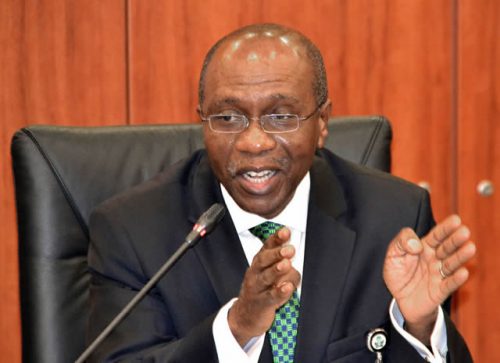The Monetary Policy Committee (MPC) of the Central Bank of Nigeria (CBN) concluded its meeting in Abuja on Wednesday by increasing the benchmark interest rate (MPR) for the third time this year by 50 basis points to 18.5%.
The latest 18.5% MPR is the highest approved by the committee in the past 22 years in its monetary policy roles.
However, the committee retained the asymmetric corridor of +100/-700 basis points around the MPR, the CRR at 32.5% just as it also retained the Liquidity Ratio at 30%.
Briefing journalists at the end of the MPC’s meeting, the governor of the CBN, Godwin Emefiele, said the committee decided to raise the MPR by 50 basis points, as 10 members voted for a 50 basis point hike while just one member voted for 25 basis points hike.
He explained that the committee noted that reducing MPR would be counterfactual to micro and macroeconomic realities in the economy and opted for its upward review in view of the surging inflation rate and its crippling implications for growth.
Specifically, Emefiele further clarified that the committee considered amongst other factors, the scarcity of Premium Motor Spirit (PMS) also known as petrol, the 2023 general elections, continuous rise in energy prices, exchange rate pressure as well as continuous rise in insecurity before deciding to raise the benchmark interest rate by 50 basis points at the meeting
He expatiated: “MPC was of the view that although the inflation rate moderated marginally in December, the economy remained confronted with the risk of high inflation with adverse consequences on the general standards of living.
“Committee, therefore, decided to sustain the current stance of policy at this point in time to further rein in inflation aggressively.
“MPC voted to raise the MPR to 17.5%, retain the asymmetric at +100/-700 basis points around the corridor”, the banker added.
For the past years, Nigeria has been grappling with a surging inflation rate as costs of doing business continue to escalate despite efforts by the monetary authorities moderate the rising general price level trend.
Similarly, measures by the apex bank to achieve a stable exchange rate for the national currency – the Naira – have not really achieve the desired results in view of the fiscal inefficiency and other militating factors.






